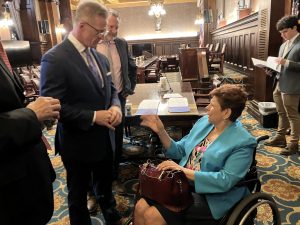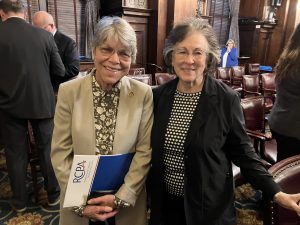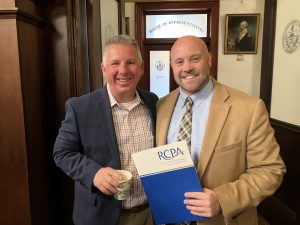The sustained funding of community-based mental health services, such as community residential programs, family-based support, outpatient care, and crisis intervention, are critical to the wellbeing of our constituents and our communities. Funding levels for county mental health services have direct impacts on whether these important community and family supports will be available. Yet for too many years, state funding for mental health services has lagged far behind its needs. Counties find themselves advocating for the prevention of funds being cut instead of achieving the increases that are needed to catch up from years of underfunding.
This week’s letter, sent on behalf of the Coalition for the Mental Health Safety Net, stands as an open call to the PA General Assembly and stakeholders. For Pennsylvanians with a mental illness, the impact of the county funding shortfalls is already evident. The effects include: shortages of key mental health professionals; chronic underpayment of mental health providers; reductions/closures in mental health residential programs and supportive services, including employment and psychiatric rehabilitation services; uneven crisis response services; outpatient program closures; and the continuing criminalization of mental illness. Across the Commonwealth, there is no consistent level of mental health services available, and access to critical services largely depends on which county a patient lives in.
The Coalition is open to all new partners who wish to join our mission of advocacy for this 2023/24 initiative, as the time to act and engage with your representative is now. The Coalition will also be developing an advocacy toolkit for members to come together to sustain the safety net and serve those who need it most. The reality is that the demand for service far outweighs capacity and rate structures to serve this population.
If you have additional questions or would like to join the Mental Health Safety Net Coalition, please contact RCPA Policy Director Jim Sharp.




























